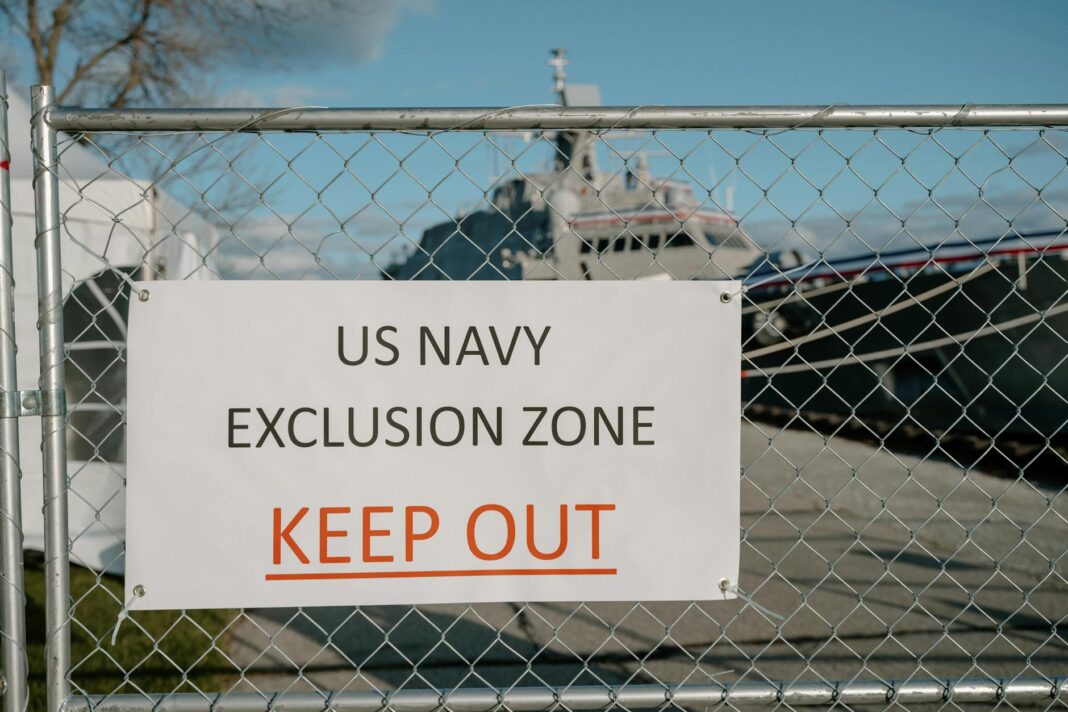US Military Strikes Venezuelan Narcoterrorists on the High Seas
The U.S. military has ramped up its offensive against drug trafficking cartels operating out of Venezuela, executing a second strike on these narcoterrorists in international waters. This operation, confirmed by President Trump, resulted in the elimination of three confirmed terrorists who were in the process of transporting narcotics. The U.S. military’s decisive action underscores a commitment to combating drug trafficking and enhancing security in the region. This latest strike is not just about taking out a few bad actors; it’s a clear message that the U.S. will act decisively when it comes to protecting its interests.
Escalating Operations Against Drug Cartels
This latest military operation reflects an escalating series of actions taken against Venezuelan drug cartels, which have gained notoriety for their involvement in large-scale drug trafficking operations. The cartels have increasingly used international waters as a staging ground for their illicit activities, making it essential for the U.S. military to adapt and respond accordingly. By targeting these cartels in international waters, the U.S. military is sending a strong message that it will not tolerate such activities that undermine regional stability and contribute to the global drug epidemic. These strikes are part of a broader strategy to dismantle the networks that facilitate the movement of illegal drugs across borders.
Implications for Regional Security
The presence of narcoterrorists in Venezuelan waters poses significant threats not only to the United States but also to neighboring countries. These cartels have been known to engage in violent confrontations and often collaborate with other criminal organizations, creating a multifaceted threat that extends beyond drug trafficking. The U.S. military’s operations aim to disrupt these activities before they have the chance to escalate, thereby protecting both American citizens and regional allies. The spillover effects of drug-related violence have been seen in countries like Colombia and Mexico, where cartels operate with impunity and wreak havoc on local communities. The U.S. is keenly aware that its own streets are not immune to the consequences of this international drug trade.
The Future of U.S. Military Engagement
As the U.S. military continues to engage in direct confrontations with narcoterrorists, the question remains: how far will these operations extend? Will the military maintain its presence in international waters, or will there be a shift towards more covert operations? The evolving landscape of drug trafficking necessitates a flexible and responsive military strategy that can adapt to emerging threats. This means not only direct strikes but also intelligence-gathering missions, surveillance, and collaboration with allied nations to tackle the problem from multiple angles.
Moreover, there’s the question of resources. Conducting sustained military operations can strain budgets and require reallocation of assets. The U.S. military must balance these operations with other global commitments, ensuring that its focus on narcoterrorism does not detract from addressing other pressing issues. This balancing act is critical as the U.S. navigates a complex geopolitical landscape.
Building Alliances in the Fight Against Narcoterrorism
To effectively combat these narcoterrorists, the U.S. will also need to strengthen alliances with regional partners. Countries such as Colombia, Brazil, and other South American nations share a vested interest in curbing the influence of Venezuelan cartels. Joint operations, intelligence sharing, and coordinated efforts can amplify the U.S. military’s impact while fostering stronger ties with these nations. This multi-pronged approach is essential in creating a sustainable strategy that not only addresses immediate threats but also builds long-term resilience against drug trafficking networks.
Questions
What are the long-term implications of U.S. military strikes on narcoterrorists?
How will these operations affect U.S.-Venezuela relations moving forward?
What measures are being taken to address the root causes of drug trafficking in the region?

